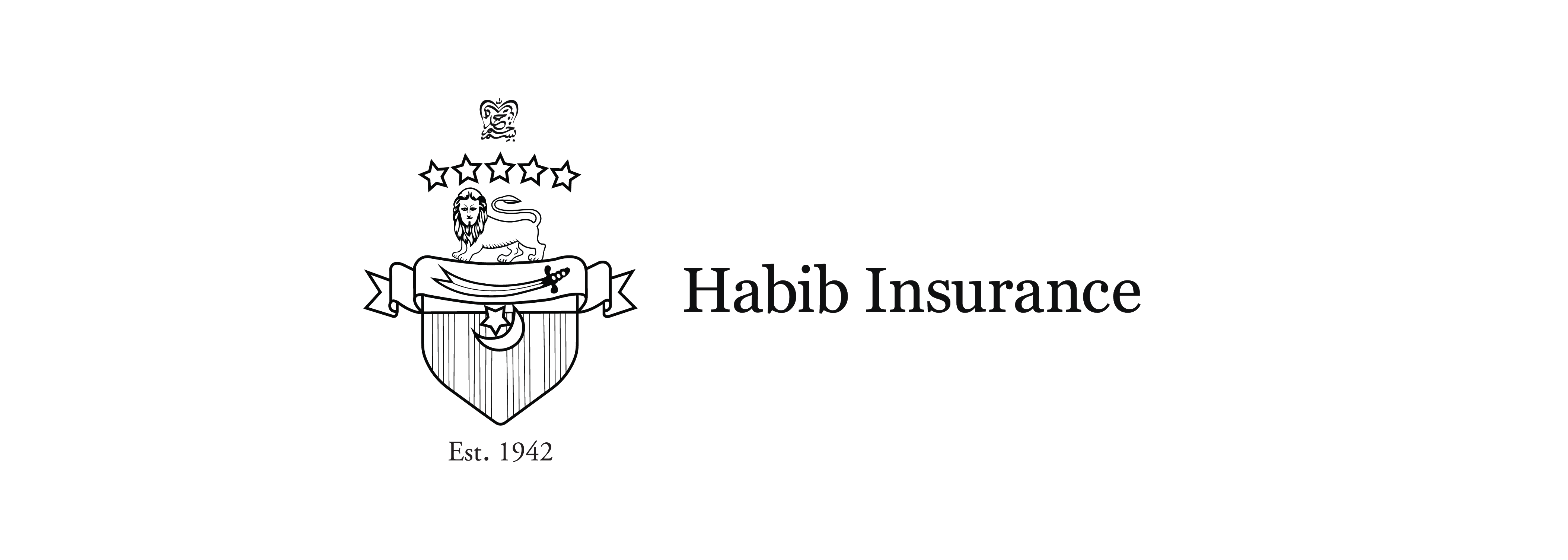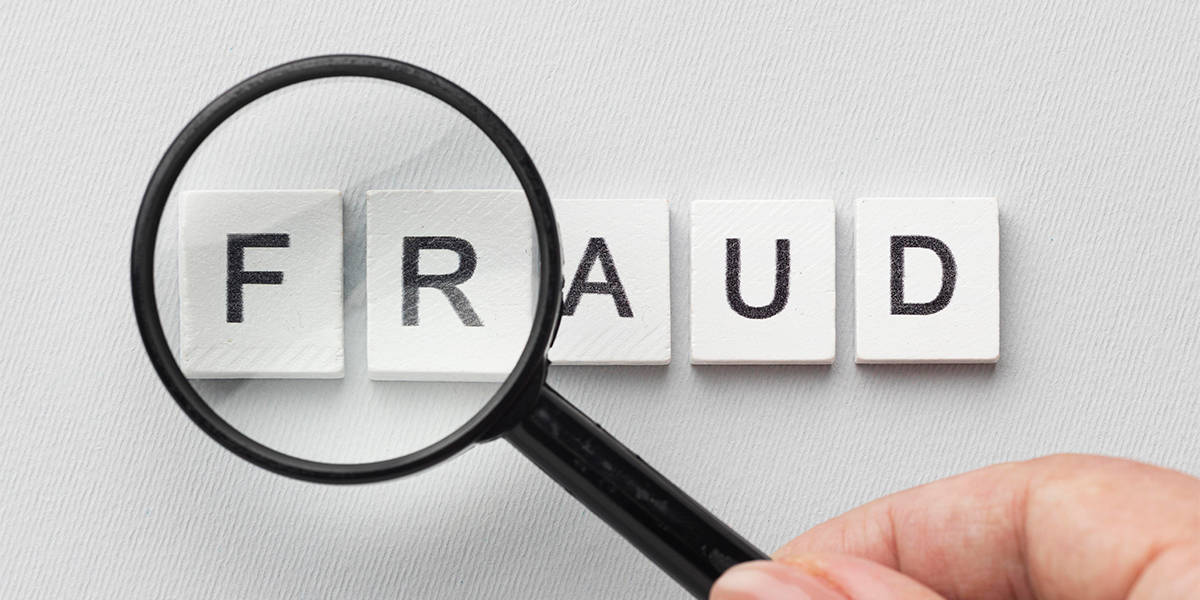Buying a car whether brand new or used is a significant financial investment and a major milestone for many individuals and families. While the excitement of ownership is understandable, it also comes with responsibilities. One of the most important responsibilities is having motor insurance. For both new and used car owners, motor insurance is not just a legal requirement it is a critical layer of financial protection.
At Habib Insurance Company Limited, we believe that understanding the importance of motor insurance helps vehicle owners make informed and confident decisions. Here’s why motor insurance is essential, regardless of whether your car is new or pre-owned.
Motor Insurance: More Than Just a Legal Requirement
In Pakistan, having at least third-party motor insurance is mandatory by law. This ensures financial protection against liabilities caused to others in case of an accident. However, beyond legal compliance, motor insurance safeguards car owners from unexpected expenses and risks.
Motor insurance helps cover:
- Third-party injuries or property damage
- Vehicle repair costs (with comprehensive coverage)
- Financial liabilities arising from accidents
This protection is crucial for both new and used car owners.
Why Motor Insurance Is Essential for New Car Owners
Purchasing a new car often involves a significant financial commitment. Protecting that investment should be a top priority.
1. Protects Your Investment from Day One
New cars have higher market value, and even minor damage can result in expensive repairs. Comprehensive motor insurance helps cover repair costs in case of accidents, theft, or fire.
This ensures:
- Financial security
- Peace of mind
- Protection against unexpected repair expenses
2. Coverage for Accidental Damage and Theft
New vehicles are more attractive targets for theft. Comprehensive motor insurance provides protection against:
- Accidental damage
- Theft or total loss
- Fire-related damage
This coverage helps new car owners avoid major financial setbacks.
3. Peace of Mind While Driving
Driving a new car comes with excitement—but also anxiety about potential damage. Motor insurance allows you to drive confidently, knowing you are protected against unforeseen events.
Why Motor Insurance Is Equally Important for Used Car Owners
Some car owners believe that older or used vehicles do not require insurance. This misconception can lead to financial risk.
4. Used Cars Still Carry Accident Risks
Regardless of a car’s age, accidents can happen anytime. Third-party motor insurance ensures legal compliance and protects you from liability claims.
Even with a used car, motor insurance:
- Covers third-party injuries or damages
- Protects you from legal and financial consequences
5. Repair Costs Can Still Be High
While used cars have lower market value, repair costs especially for mechanical or body damage can still be significant. Comprehensive coverage helps manage these expenses efficiently.
6. Financial Protection Against Unexpected Loss
Used cars may be more prone to wear and tear, increasing the risk of breakdowns or accidents. Motor insurance helps reduce financial stress caused by unexpected incidents.
Comprehensive vs. Third-Party Insurance: Making the Right Choice
Choosing the right type of motor insurance depends on your car’s value, usage, and budget.
- Third-party insurance: Mandatory and cost-effective, suitable for older vehicles
- Comprehensive insurance: Offers broader protection, ideal for new and high-value cars
At Habib Insurance Company Limited, we help customers choose coverage that best suits their needs.
Claims Support That Matters
One of the most important aspects of motor insurance is claims support. Habib Insurance is known for its customer-oriented claims service, ensuring transparency and fairness throughout the process.
Customers benefit from:
- Clear claim procedures
- Professional guidance
- Efficient claim handling
This support makes motor insurance a reliable safety net.
Protecting Your Finances and Savings
Without motor insurance, even a minor accident can result in significant out-of-pocket expenses. Motor insurance helps protect:
- Your savings
- Your monthly budget
- Your long-term financial stability
For both new and used car owners, this protection is invaluable.
Why Choose Habib Insurance Company Limited?
Habib Insurance Company Limited is trusted for its:
- Decades of industry experience
- Reliable motor insurance solutions
- Transparent claims processing
- Customer-focused service approach
Whether you own a new or used vehicle, Habib Insurance provides dependable coverage you can trust.
Motor insurance is essential for every car owner new or used. It protects your vehicle, your finances, and your peace of mind. From legal compliance to comprehensive financial protection, motor insurance plays a vital role in responsible vehicle ownership.With Habib Insurance Company Limited, customers benefit from experience, reliability, and customer-oriented service. Insuring your car today ensures you’re prepared for tomorrow’s uncertainties. Visit www.habibinsurance.net for more details










